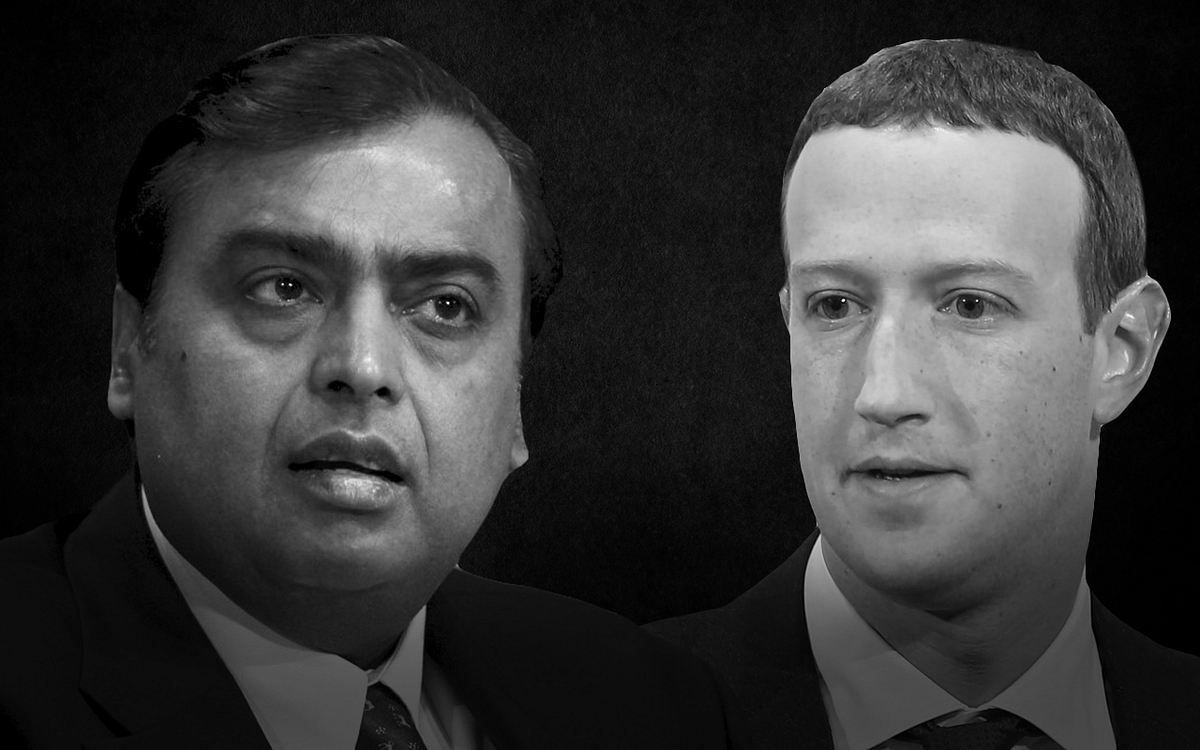In a charged atmosphere rife with emotional testimonies and accusations, CEOs of prominent social media platforms like Meta, TikTok, and X faced a Senate Judiciary Committee on Wednesday, January 31st, 2024. The grilling session, centered around child exploitation online, highlighted the growing pressure on tech giants to prioritize user safety, particularly young users vulnerable to online predators.

A Haunting Start:
The hearing opened with gut-wrenching testimonies from parents and children directly impacted by online exploitation. Heartbreaking stories of grooming, manipulation, and even suicide linked to social media interactions underscored the urgency of the issue. Parents silently held photos of their children lost to suicide, a stark reminder of the potential consequences of unchecked online harms.
CEOs on the Hot Seat:
Mark Zuckerberg (Meta), Shou Zi Chew (TikTok), and Linda Yaccarino (X) faced a barrage of questions, often accusatory in tone. Senators expressed frustration at what they perceived as inadequate efforts by the platforms to combat child exploitation.
- Lack of Transparency: Lawmakers demanded greater transparency in content moderation practices, citing concerns about algorithms amplifying harmful content and inadequate age verification systems.
- Profits vs. Protection: A recurring theme was the accusation that companies prioritize profits over user safety, with lax content moderation and targeted advertising strategies attracting predators.
- Global Challenges: Addressing the international nature of the problem, questions arose about the effectiveness of measures taken in different countries and the challenges of cross-border cooperation.

The Dark Side of Social Media:
As social media platforms have become an integral part of our daily lives, the negative impact on mental health, privacy, and overall well-being has come under scrutiny. The Senate hearing focused not only on the potential exploitation of children but also on the broader implications of these platforms on society at large.
Cyberbullying and Mental Health: One of the primary concerns raised during the hearing was the rampant issue of cyberbullying on social media platforms, particularly affecting younger users. The anonymity provided by these platforms often leads to increased instances of harassment, resulting in serious mental health consequences for victims.
Addiction and Screen Time: Social media platforms are designed to be addictive, employing algorithms that encourage users to spend more time scrolling through feeds. Excessive screen time has been linked to various health issues, including sleep disturbances, anxiety, and depression, particularly among the youth.
Privacy Concerns: The collection and monetization of user data by social media companies have been a long-standing concern. The Senate hearing delved into the extent to which these platforms track and use personal information, often without explicit consent, raising questions about the erosion of privacy rights.
Impact on Self-Esteem: The pervasive culture of comparison fostered by social media contributes to a negative impact on self-esteem, body image, and mental well-being. The pressure to conform to unrealistic beauty standards and the constant pursuit of validation through likes and comments can have detrimental effects on users, particularly teenagers.
Spread of Misinformation: Social media platforms have been criticized for their role in the rapid dissemination of misinformation. During the hearing, lawmakers pressed the CEOs on the measures in place to curb the spread of false information, which can have far-reaching consequences, especially during sensitive times such as elections and public health crises.
Echo Chambers and Filter Bubbles: Algorithms can create echo chambers, reinforcing existing biases and limiting exposure to diverse viewpoints, hindering critical thinking.
Erosion of Attention Spans: The rapid-fire nature of content can contribute to shorter attention spans and difficulty focusing on deeper tasks.
Child Exploitation Concerns:
The focus of the Senate hearing was heightened due to alarming reports of child exploitation on various social media platforms. Lawmakers sought to understand the measures in place to protect young users from predatory behavior and inappropriate content.
Inadequate Moderation and Reporting Systems: Criticism was directed at the platforms for their perceived lack of efficient content moderation and reporting systems. The CEOs were grilled on the steps being taken to identify and remove explicit content involving minors promptly.
Encryption and Privacy vs. Safety: The debate over end-to-end encryption took center stage as lawmakers questioned whether prioritizing user privacy through encryption hampers the ability to detect and prevent instances of child exploitation. Striking a balance between privacy and safety became a focal point of the discussions.
The Road Ahead:
The Senate hearing served as a wake-up call for social media companies, highlighting the need for concrete action to address child exploitation and the broader impact on young people. Potential solutions include:
- Stronger Content Moderation: Enhanced AI tools, human moderators, and clearer community guidelines can help flag and remove harmful content.
- Improved Age Verification: More robust age verification systems can restrict access to inappropriate content for younger users.
- Transparency and Accountability: Regular reporting on content moderation efforts and clearer communication with users can rebuild trust.
- Data Protection and Privacy: Stronger data protection laws and user control over personal information are crucial.
- Media Literacy Education: Equipping users, especially young people, with critical thinking skills to navigate online information responsibly is essential.
The fight against online exploitation and the broader societal impacts of social media requires a multi-pronged approach. While the Senate hearing put tech giants on notice, continued pressure, coupled with individual awareness and responsible use, are necessary to create a safer and healthier online environment for all, especially the most vulnerable.



